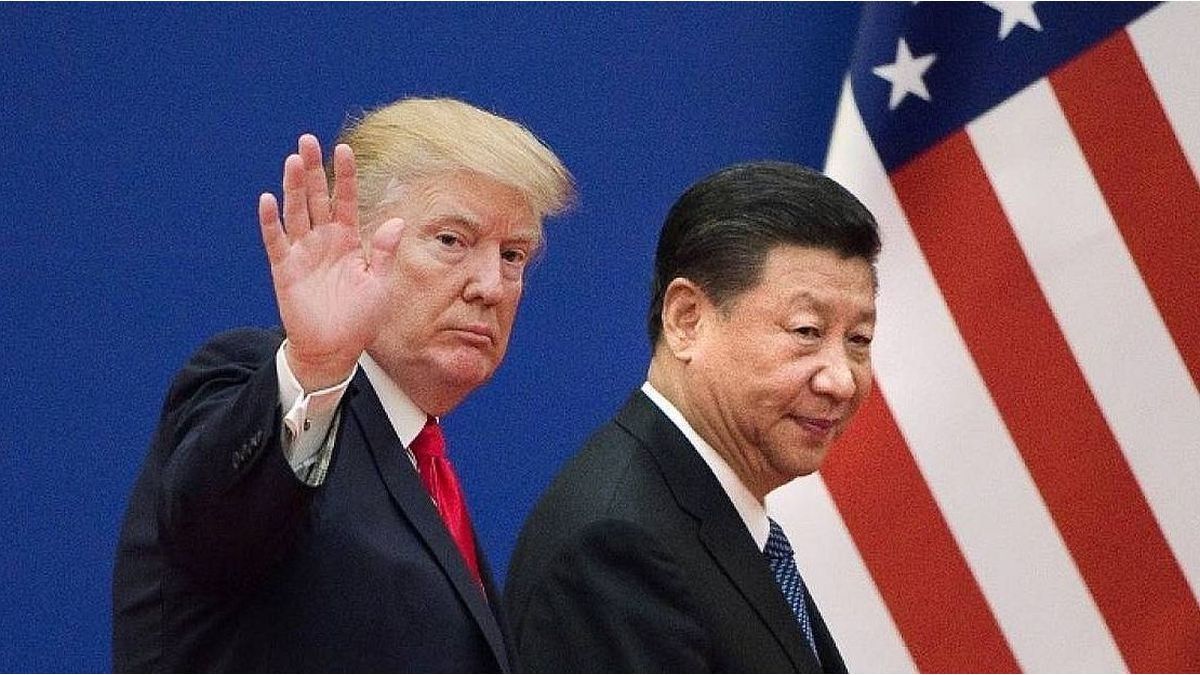China’s real estate developers are coming under further pressure: creditors are jostling, prices are falling. Like the industry, the entire economy suffers. Will a rate cut by Chinese banks provide a tailwind?
In addition to the heavily indebted Evergrande Group, the severe real estate crisis in China is also affecting other companies. Chinese real estate developer prices fell to their lowest level in five years.
The struggling company Kaisa brought external consultants on board to save itself from its difficult situation. The company Houlihan Lokey will evaluate the liquidity and examine possible solutions, Kaisa announced on Monday in the southern Chinese metropolis of Shenzhen.
After a two-week freeze on trading, the price of Kaisa shares on the Hong Kong stock exchange fell by 14 percent on Monday. Since the beginning of the year, the Chinese company’s paper has lost around 75 percent. Concerns about losses for investors also sent the shares of other real estate companies on China’s stock exchanges plummeting. Sunac even lost 18 percent, as reported by the financial agency Bloomberg.
Several companies in distress
After Evergrande, Kaisa and other real estate companies were in dire straits, while the long booming market suffered a setback. After Fitch, Standard and Poor (S&P) was the second international rating agency to downgrade Evergrande’s creditworthiness – to credit default in some areas and thus one step ahead of complete default. Evergrande has more than $ 300 billion in debt.
Fitch downgraded Evergrande and Kaisa a week and a half ago. The company also hired Sidley Austin international law firm as legal advisor. According to its own information, the company has spoken to representatives of the holders of its bonds about a comprehensive rescheduling plan. No request to accelerate repayments has yet been received.
The company had failed to repay a $ 400 million senior debt due on December 7th. It also owed the interest on two dollar bonds at the end of a grace period. Kaisa is one of the largest dollar bond issuers among Chinese real estate developers. There are more than $ 11 billion outstanding at Kaisa. Fitch had also downgraded the Hong Kong-based investment company Shimao Group, which specializes in real estate, to “junk”.
Tailwind from lower lending rates
During the crisis and in the face of expected slower growth, the Chinese banks gave the second largest economy some tailwind on Monday and cut lending rates. As the Chinese central bank announced in Beijing, the one-year lending rate of banks will drop by 0.05 percentage points to 3.8 percent. It is the first reduction since spring 2020. The rate for five-year loans, on the other hand, remains unchanged at 4.65 percent.
The information relates to the “Loan Prime Rate” (LPR), which results from the medium-term key interest rate of the central bank (MLF) and a premium determined by the banks themselves. Since the key interest rate has not been changed recently, the interest rate cut comes from the side of the credit institutions. Although the LPR is not a mere base rate of the central bank, it is considered to be decisive for the financing conditions in the People’s Republic.
The interest rate cut should support the Chinese economy, albeit only moderately, commented the analysts Pantheon Macroeconomics. China’s economy is currently feeling some headwind. In addition to the corona pandemic, the problems of the real estate industry, high raw material costs, delivery problems and energy bottlenecks weigh on the economy. In order to provide relief, the central bank had already reduced the minimum reserve that banks have to hold for security reasons at the beginning of December.
Source From: Stern
Jane Stock is a technology author, who has written for 24 Hours World. She writes about the latest in technology news and trends, and is always on the lookout for new and innovative ways to improve his audience’s experience.




